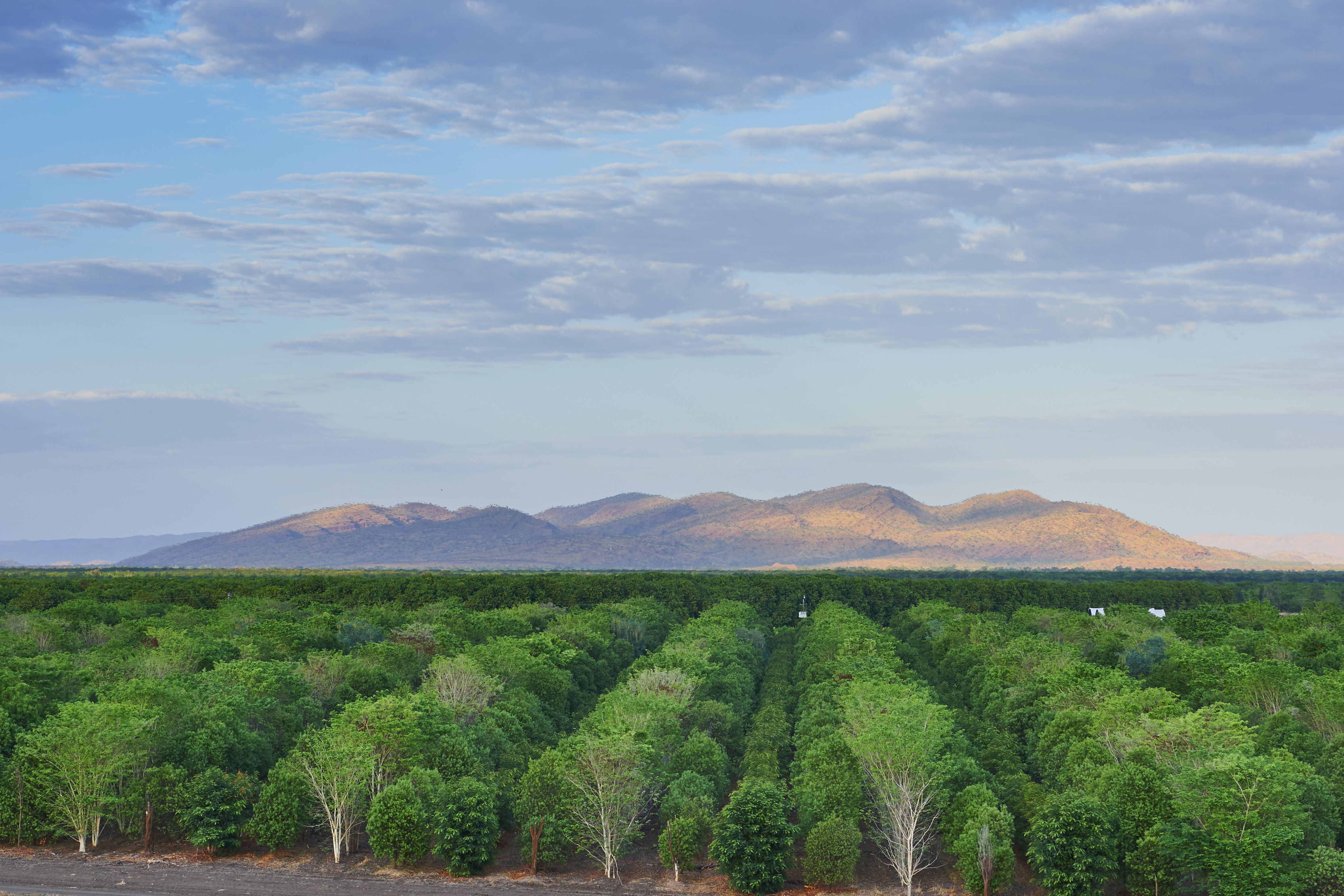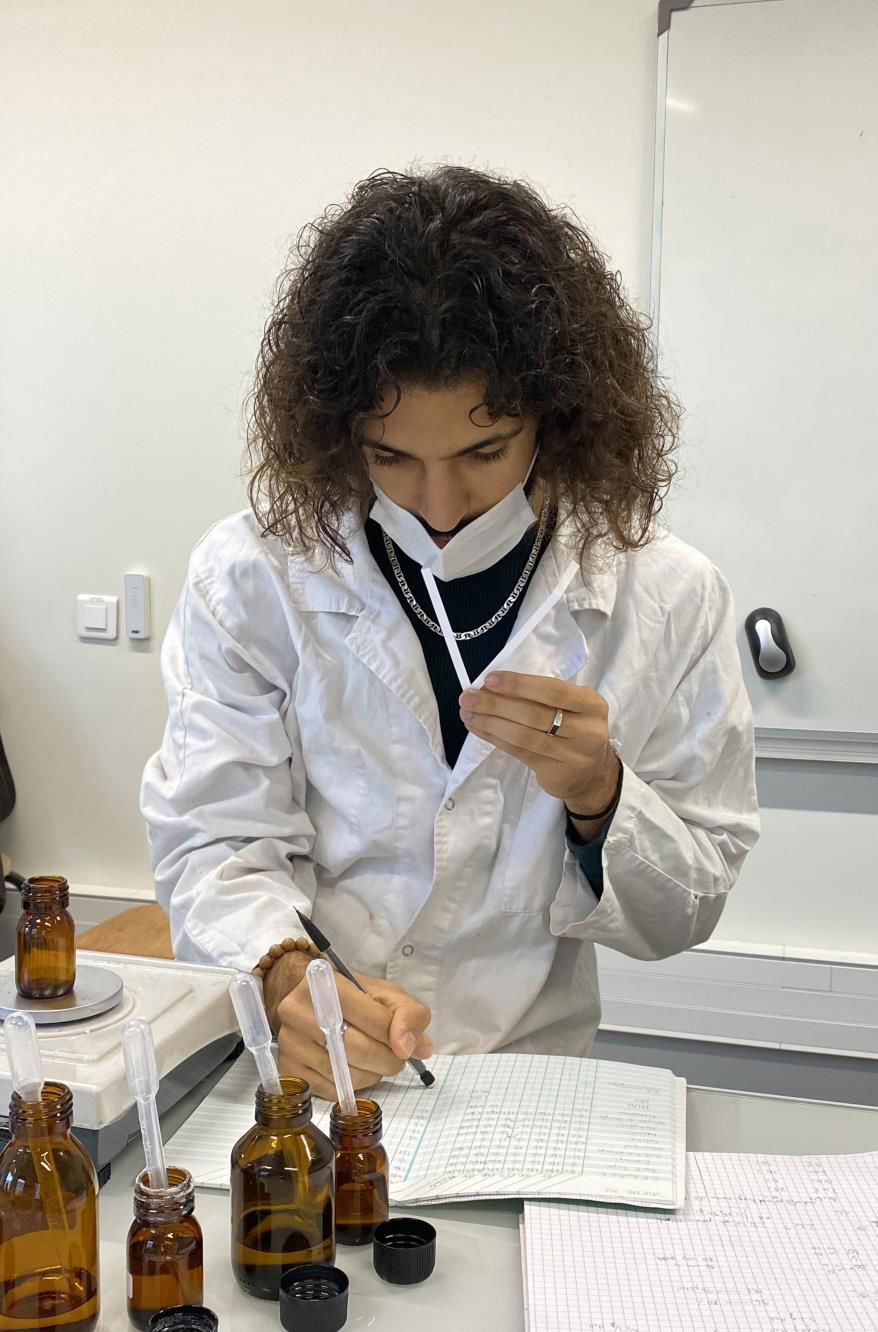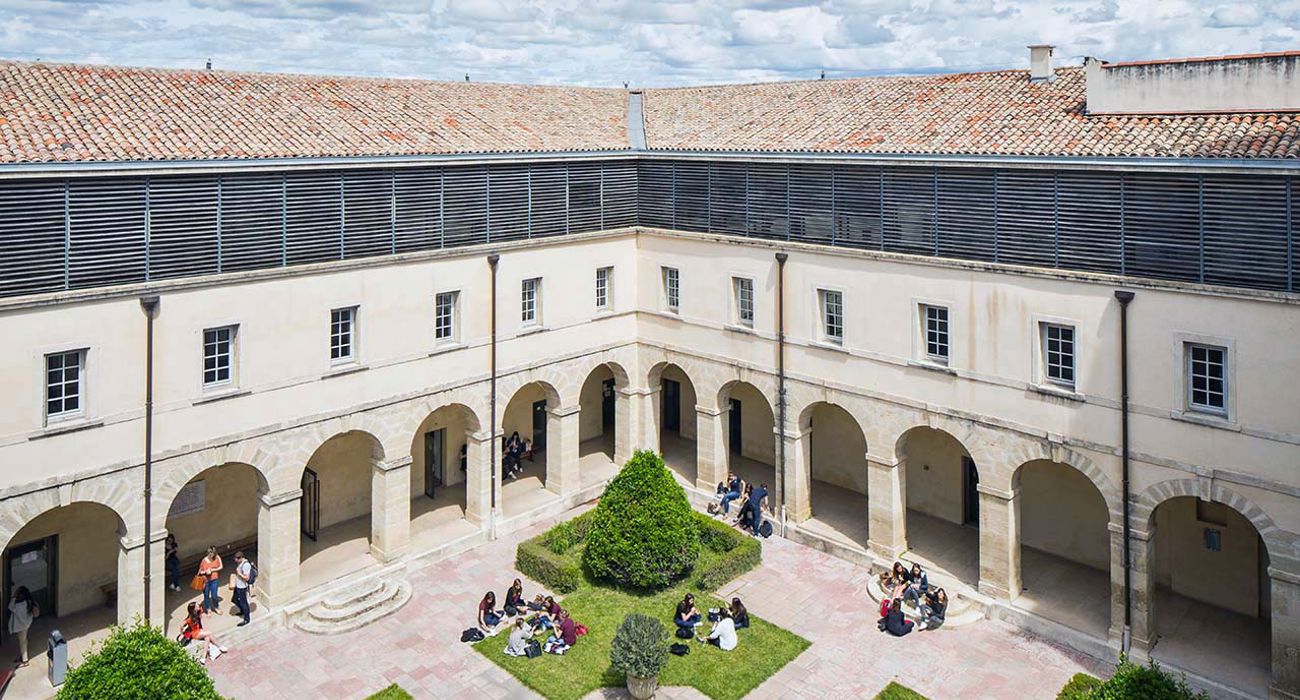In the hallowed halls of the University of Montpellier, fragrance students are opening a kit of materials filled with samples of Indian sandalwood: vials of oil, finely ground heartwood powder, even a bracelet made from the aromatic wood. As they inhale its sweet, woody scent, imagining possibilities for the ambient fragrance they have been tasked with creating, acclaimed perfumer and Montpellier education director Pierre Bénard reflects on how this scene itself was once unimaginable.
“When I was a student perfumer, sandalwood essential oil was a pipe dream,” he says. “Rare, it was necessary to climb the ranks to have the chance to feel it and more to manipulate it.”
Although inspiring perfumers for millennia – from attars to incense to cult fragrances – sandalwood came close to vanishing from the perfumery palette
Although inspiring perfumers for millennia – from attars to incense to cult fragrances – sandalwood came close to vanishing from the perfumery palette. So coveted was the oil that poaching and illegal harvesting saw global conservation agency International Union for Conservation of Nature (IUCN) list the species as ‘Vulnerable’ on the IUCN Threatened Species Redlist.
“These trees of the sandalaceae family were massively exploited without qualms and without concern for the renewal of the natural resource,” says Bénard. “After good times of glory, the qualities of essential oils were often defrauded by those of false sandals, such as amyris, or cheap synthetic molecules to try to replace it.”
At Quintis, we have reversed the trajectory of this fragrant species – planting 5.5 million Indian sandalwood trees in Australia’s tropical north, spanning an immense 12,000 hectares. By creating not just an abundant but a sustainable supply of this oil, we seek to return it as a muse to the creators of tomorrow.


Through our thought leadership program Q-Lab, we are running an education program, offering guest workshops from experts in the field to educate and inspire students across industries, from perfumery to cosmetics to aromatherapy. At Montpellier, the challenge to create an ambient air care product for a Japanese audience is already inspiring new possibilities.
For Amir Ben Hassin, a second-year perfumes, aromas and cosmetics student, the scent immediately evoked a marine image – ”as if the sandalwood from Australia had sailed to Japan.” His creation, a misting room spray, will be woody but watery. “I try to provoke emotions, in connection with the two worlds of Australia and Japan, to play on the comfort of sandalwood and the softness of the sea,” he says. “The biggest challenge is the sweetness of the scent to appeal to a Japanese audience, but also the inclusion of a natural marine facet, a cosmetic ingredient that I'm definitely going to twist into a fragrance ingredient.”
The field of ambient air care is a rapidly growing one, fuelled by anosmias (the loss of smell) and new behaviours associated with the Covid-19 pandemic, says Bénard. “People in countries in search of sanitization have become aware of the importance of odors in their environments,” he says. “Scent interacts directly with our body and our mind… it informs about a given space. Scent has a direct impact on our experience of this space, particularly through olfactory memory and its famous Proust syndrome.”
He is thankful sandalwood will not vanish from our collective memory, with Quintis’ sustainable supply of Indian sandalwood renewing a 25-century-long love affair with fragrance. “Nature is a source of inspiration for the perfumer,” he says. “However, it is not inexhaustible, so we must protect this source over time. This commitment contributes to the timelessness, even the immortality, of certain fragrances.”
The sandalwood kit from Quintis – which includes footage of our lush cultivated forests – is an evocative reminder of perfumery’s ties to the natural world. “In addition to its preciousness which makes it a noble wood, sandalwood serves to make the student aware of the preciousness of nature, of the lungs of the earth that are our trees – particularly in the field of the perfume and aromatics industry.”
We currently are collaborating with schools such as Ecole Supérieur du Parfum, Grasse Institute of Perfumery, Montpellier University and Ecole Supérieure du Bois to inspire students to unearth possibilities for Indian sandalwood across a range of segments. We welcome schools to be in touch to discuss opportunities to collaborate, inspiring the next generation of creators and thought leaders.
